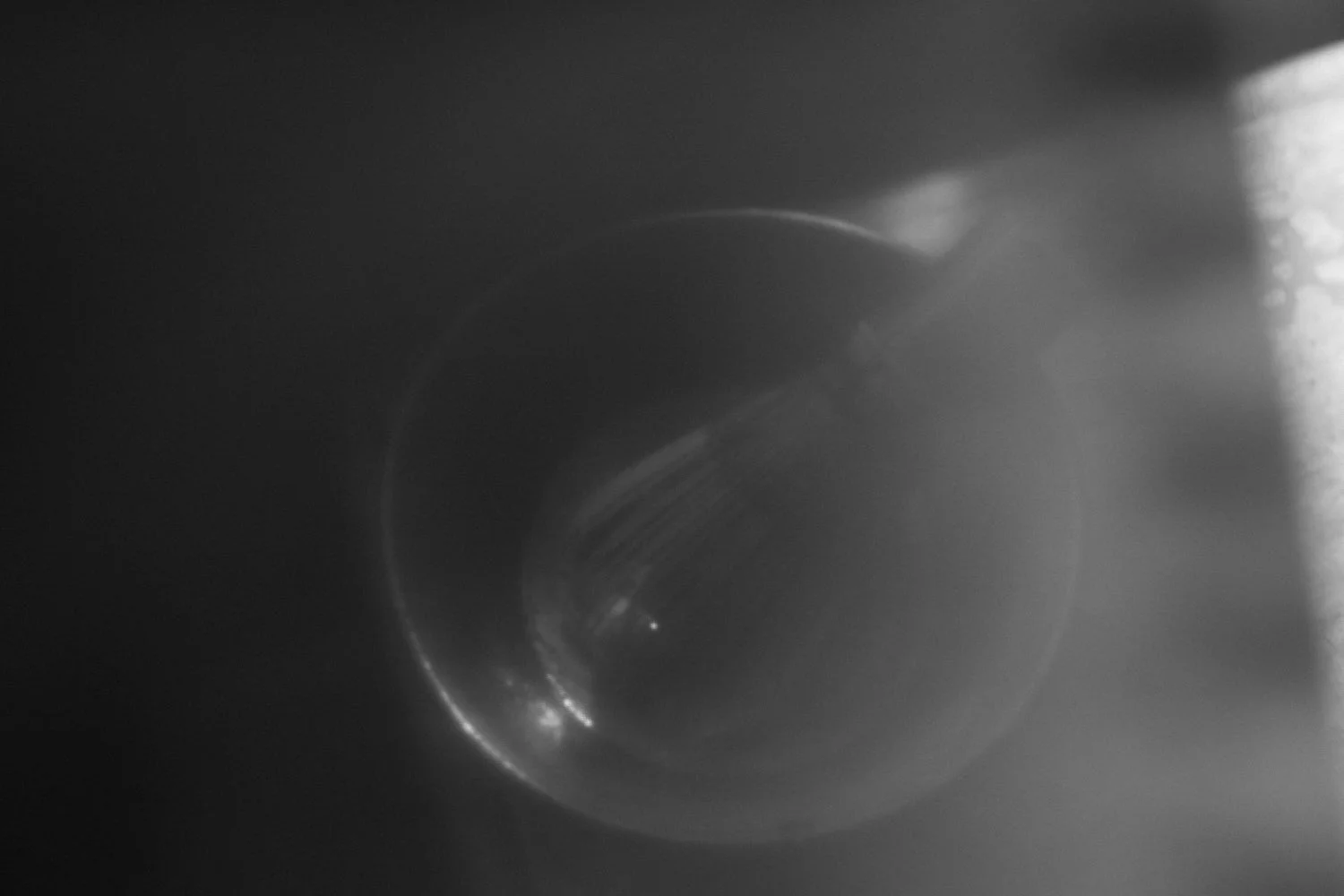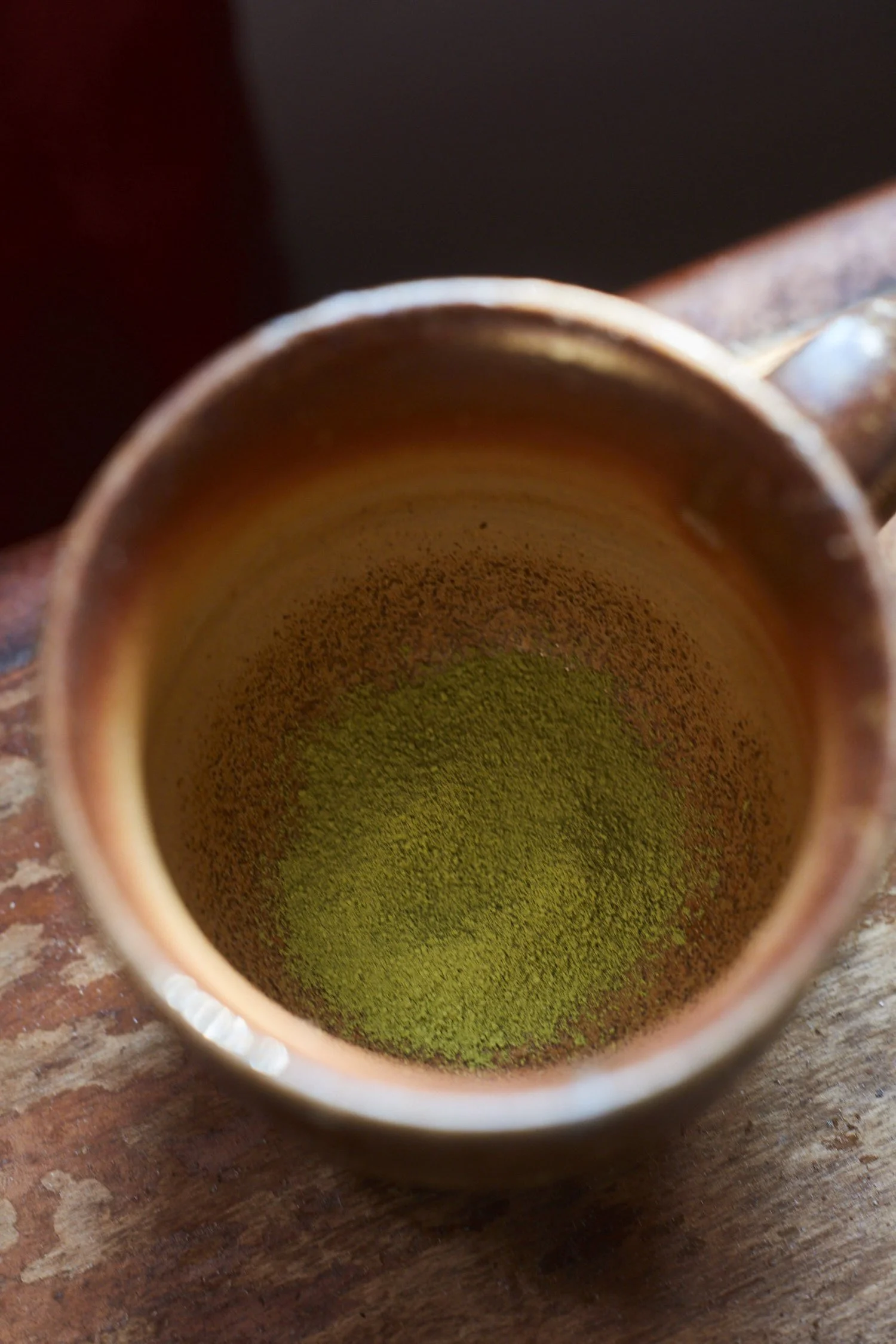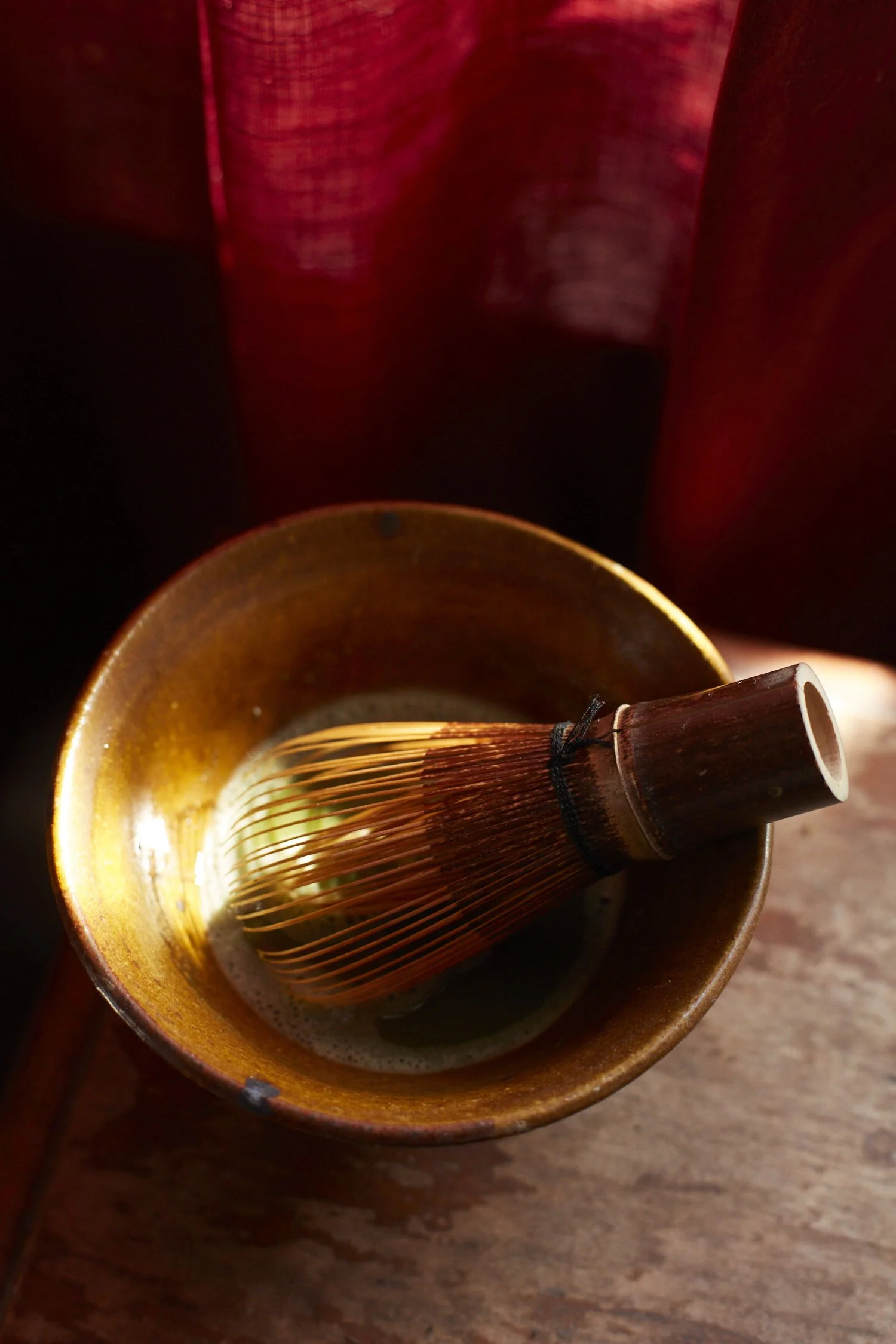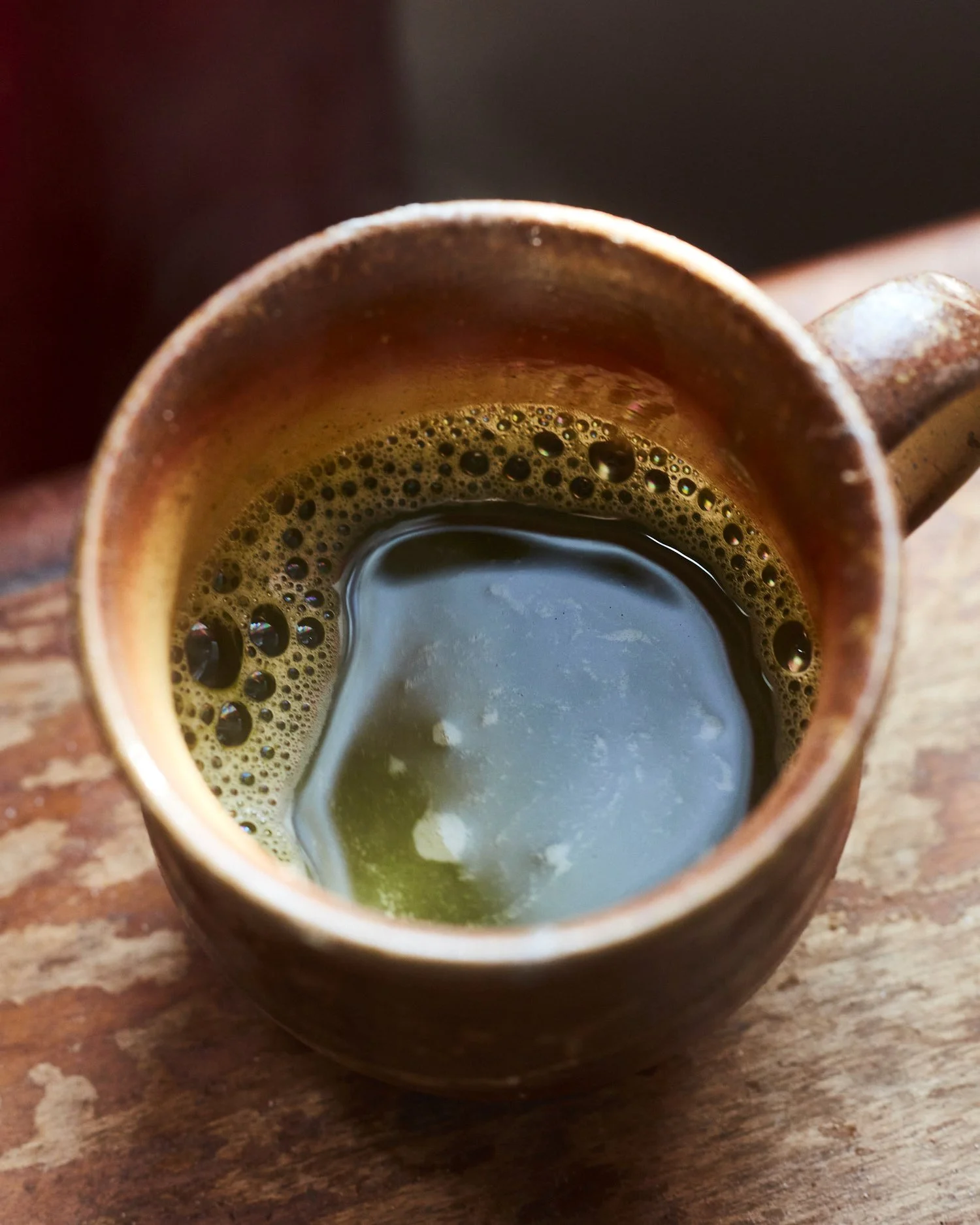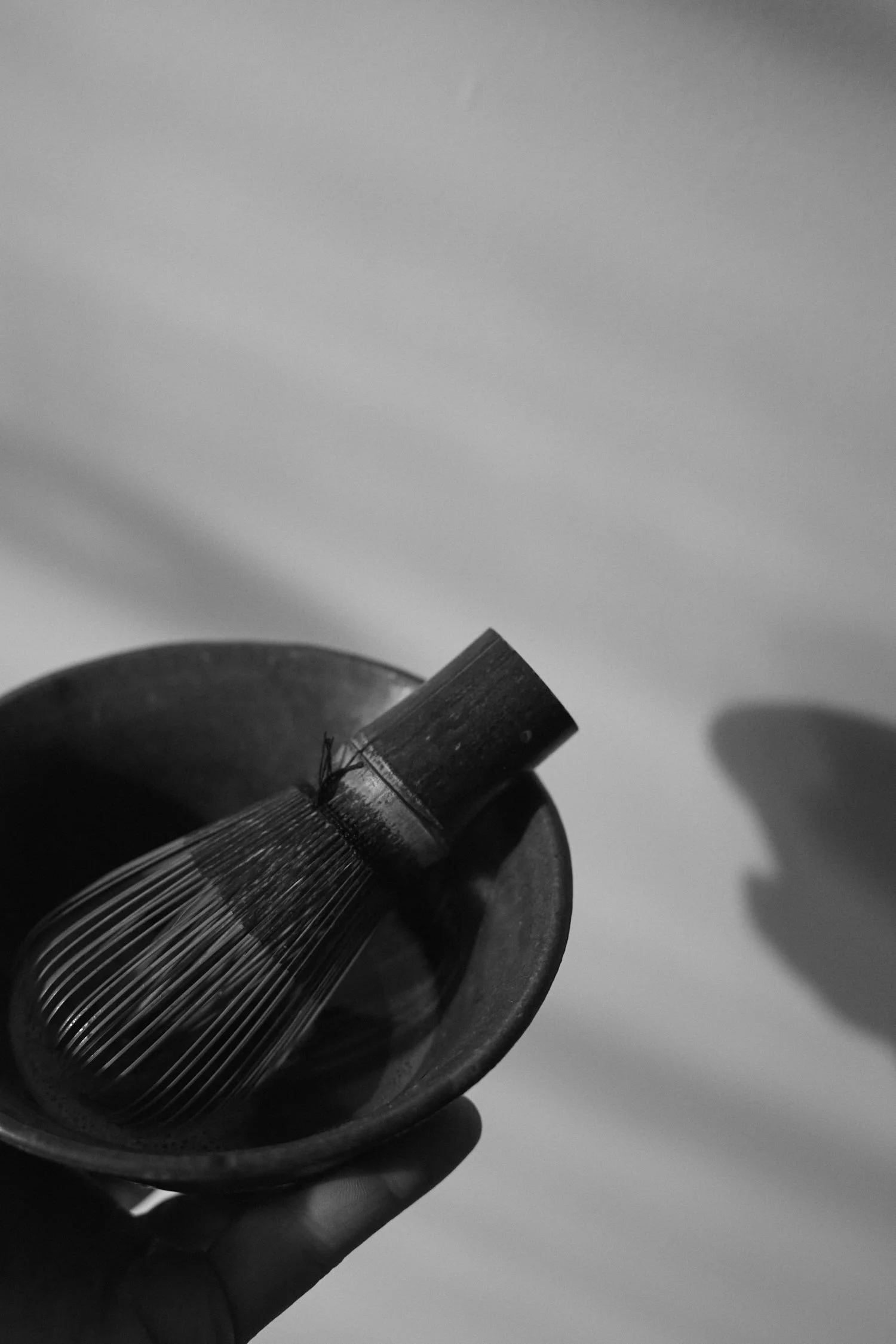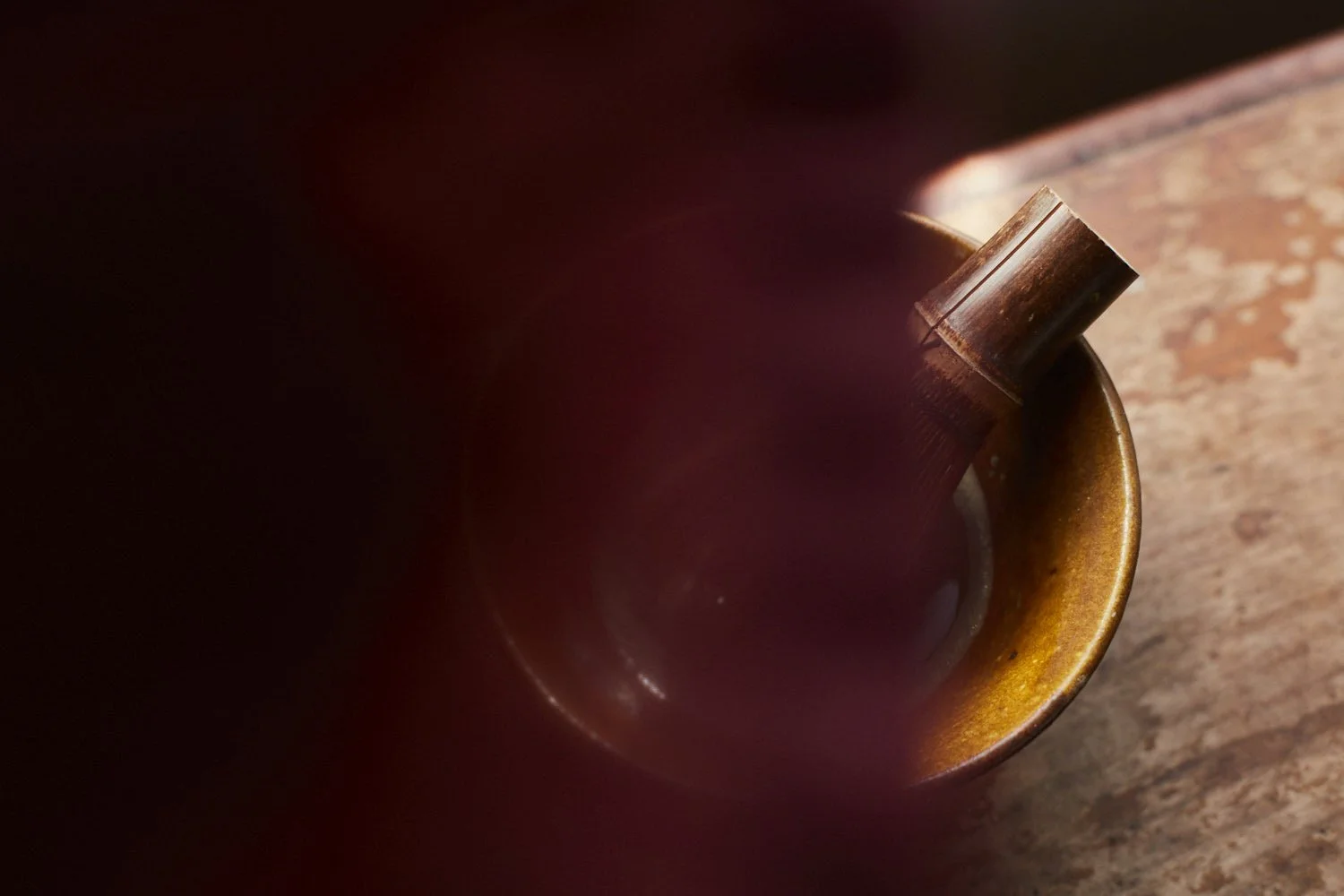Can Dogs Have Matcha? (Important!)
So, can dogs have matcha? To get straight to it…. No, dogs should not have matcha or any tea for that matter. Because it contains caffeine, and caffeine is toxic to dogs and cats. Meaning it's best to avoid it in their diet.
With that being said, a small amount of caffeine (like an accidental sip) won't cause much harm. But it's important to be aware of the potentially hazardous side effects.
This article will dig a little deeper to go over those side effects – and will touch on some of the reasons you don't want to give your dog matcha green tea.
What is Matcha?
Before we go any further, let's quickly go over What is Matcha? Most people have a rough idea of what it is.
But plain and simple: Matcha is a stone-ground Japanese green tea that's whisked into hot water. Meaning you consume the suspended leaf, not a brew made from loose leaves
It's known for its powerful health benefits and antioxidant properties. The health benefits of green tea might make it tempting to give matcha to your dog… But that's not a good idea. Let's go over why that is...
Caffeine and Pets
Unlike most teas that are brewed, matcha is whisked into hot water. So the actual pieces of ground-up green tea that are about 5 to 10 microns large (read: tiny) are suspended in the water.
What's cool is that it means you consume more of its health benefits… But you're also getting more caffeine.
Quick info: Caffeine is a methylxanthine alkaloid. It’s a type of stimulant that's found in chocolate, coffee, and tea. It works by stimulating the central nervous system and increasing heart rate and blood pressure.
So because matcha is loaded with caffeine, which is toxic at high amounts to dogs and other pets, it's best to keep it away from your animals. Matcha contains at least 25 mg of caffeine per bowl.
In fact, 1g of matcha powder itself contains around 25mg of caffeine. That's a pretty significant amount. (Especially if your dog accidentally gets its paws on raw matcha powder…). That's why it’s a terrible idea to give your dog matcha.
Caffeine and Dogs
I'm just a tea lover, not a veterinarian, so don't take it from me…
According to Dr. Hanada Michiko, a veterinarian and professor at Yamazaki Animal Nursing Professional School in Japan – The answer to ¨Can dogs have matcha?¨ is ¨clearly no¨. She confirmed that ¨matcha is dangerous for dogs because of its caffeine content¨.
The lethal dose of caffeine differs depending on the type of dog. It can be anywhere from 110 to 200mg/kg of body weight. So veterinarians agree to say the average lethal dose for a dog is 140mg/kg of body weight.
Caffeine in Tea
Now for the geeky tea stuff… Why does tea have caffeine anyway?
Well, it's actually pretty simple. Caffeine is the tea plant's natural defense mechanism against pests in the wild. It's a stimulant to the human nervous system, but it can be pretty toxic to tiny bugs and insects.
The tea plant (Camellia Sinensis) is filled with amazing nutrients that are full of antioxidant properties and catechins (health promoting compounds). They are healthy for the human body (and tempting to give to pets).
But because matcha is a powdered green tea, there's more Caffeine in Matcha powder than there would be in a brew of loose leaf tea. So it would likely be more toxic to a dog.
Decaffeinated Tea & Herbal Tea
What about decaf tea, is that safe? Well, real tea (like matcha) can only be made from the plant Camellia Sinensis (or Tea Plant). Which means it automatically contains some caffeine.
These leaves can technically be decaffeinated, but it's important to note that this doesn't mean they contain 0% caffeine. It just means some of the caffeine has been removed. And it's personally why I wouldn't give my dog any kind of real tea.
But when it comes to herbal tea, the situation is a bit different. Because herbal teas technically aren’t teas… They are brews of herbs, fruits, flowers, and other parts of various plants.
Most herbal teas such as chamomile tea or peppermint tea are caffeine-free. So generally speaking, they are safe for your dog to drink. Some might even be beneficial to them. But again, the only fluid your pet really needs to be healthy is water, not tea.
How about Matcha Sweets?
So, what if you have some matcha snacks at home. Can dogs have matcha if it’s in a flavored snack? Sorry, but the answer is still no…
If one bowl of matcha uses only 1 to 2 grams of tea powder, sweets and baked goods usually use more. Here are some common examples:
Although the amount of caffeine can vary depending on the quality of matcha, Dr. Hanada recommends “avoiding giving your dog any food that contains matcha in general.” Plus, sweets are risky because:
They can also contain other toxic ingredients like chocolate
They use a lot of sugar
Other Foods that Contain Caffeine
If you want to protect your dog from caffeine poisoning, then tea is not the only food you want to watch out for. You also want to make sure your pet stays clear of:
Coffee/food that contains coffee
Energy drinks
Caffeinated sodas (Coca-cola, Dr Pepper, Pepsi…)
Chocolate/food that contains chocolate
What to do if Your Animal Has Caffeine
If you suspect your animal might have had too much caffeine, call a veterinarian immediately. Caffeine is very quickly absorbed by the body.
In fact, veterinarians suggest it takes only 45 minutes for 99% of caffeine to be totally absorbed once it has been ingested. So be sure to explain to the vet in detail exactly what your dog ingested, when, and in what amount. Also, note that some dogs will be more heavily affected by caffeine than others, especially:
Puppies and small size dogs
Senior dogs
Dogs suffering from a heart disease
Symptoms of Caffeine Toxicity
It is reported you can start observing the signs of caffeine overdose in dogs within 2 hours after ingestion. So pay attention to any of these common symptoms of caffeine toxicity that warrant quick attention:
Vomiting
Diarrhea
Panting
Hyperactivity
Excessive thirst/urination
Elevated blood pressure/abnormal heart rhythm
Seizures or tremors
No antidote to caffeine currently exists, and veterinarians can only try to treat your dog based on its clinical symptoms. The risks are real. And while matcha green tea is full of other nutrients - it's not worth the potential side effects, suffering it could cause your animal or the vet bills.
Join us for Tea
Now you know why it's not a good idea to give your dog matcha, and what signs to watch out for if your dog has ingested caffeine. But if dogs don’t benefit from drinking matcha, we humans certainly do.
Immune system improvement, energy boost, clarity of mind… Matcha has many health benefits to offer. And we happen to have the best matcha around.
At Ooika, not only do we use tea leaves from the famous Uji tea-growing region; but we also stone-mill matcha in-house daily to guarantee its freshness. True quality matcha is something very rare in the US… So if you want to taste authentic Green tea, why not give it a try? You can buy fresh-ground Matcha here.

